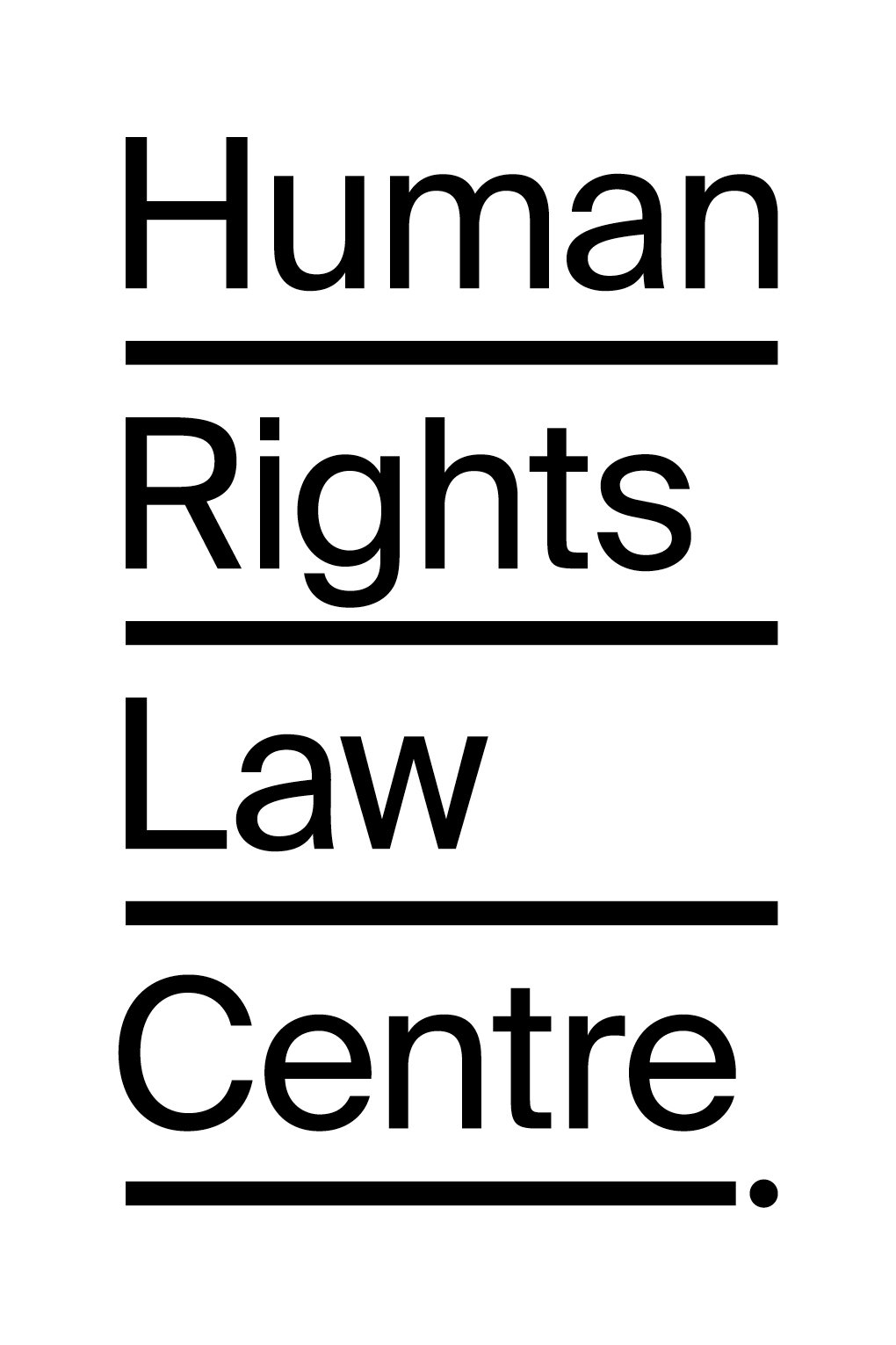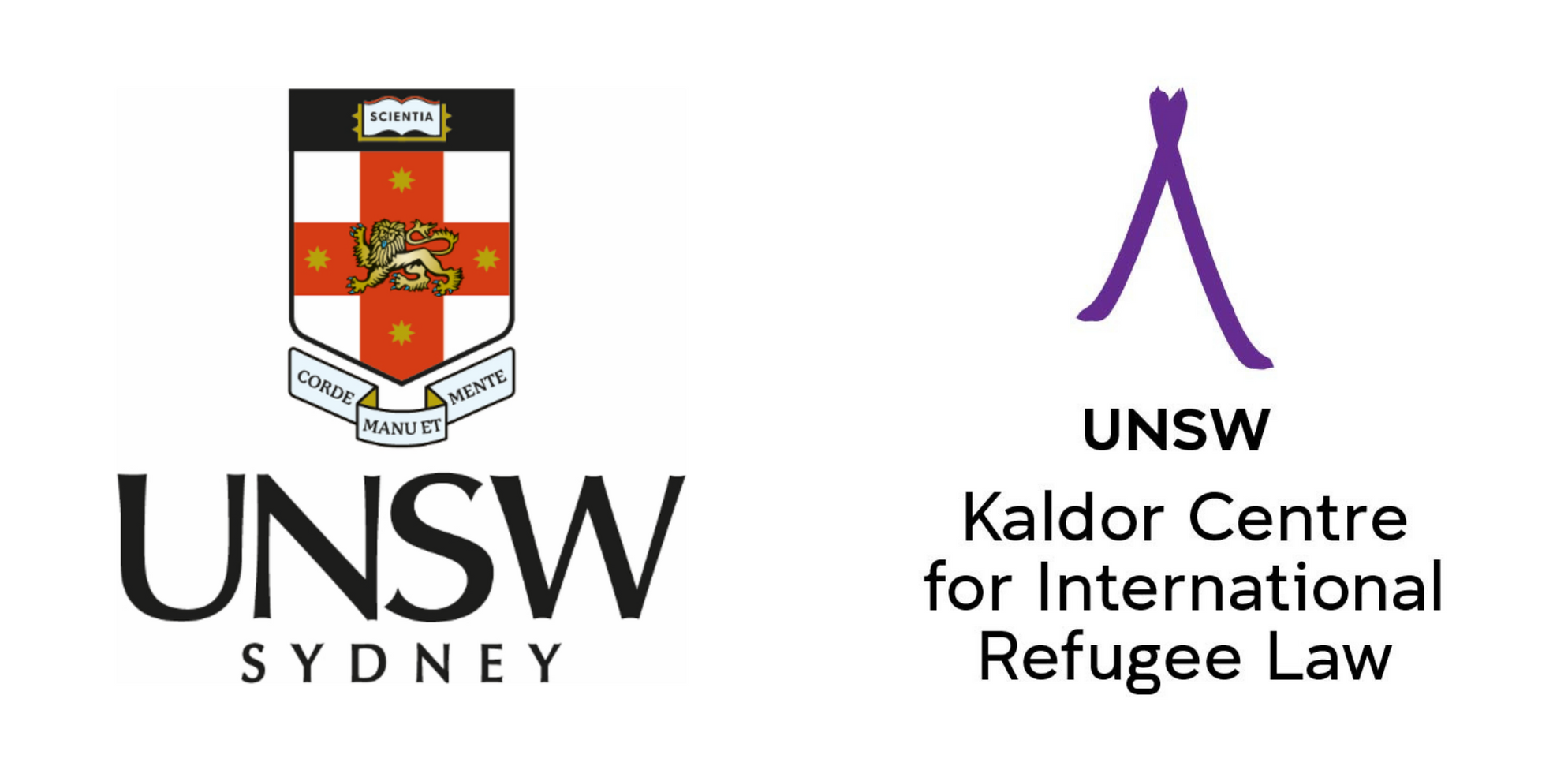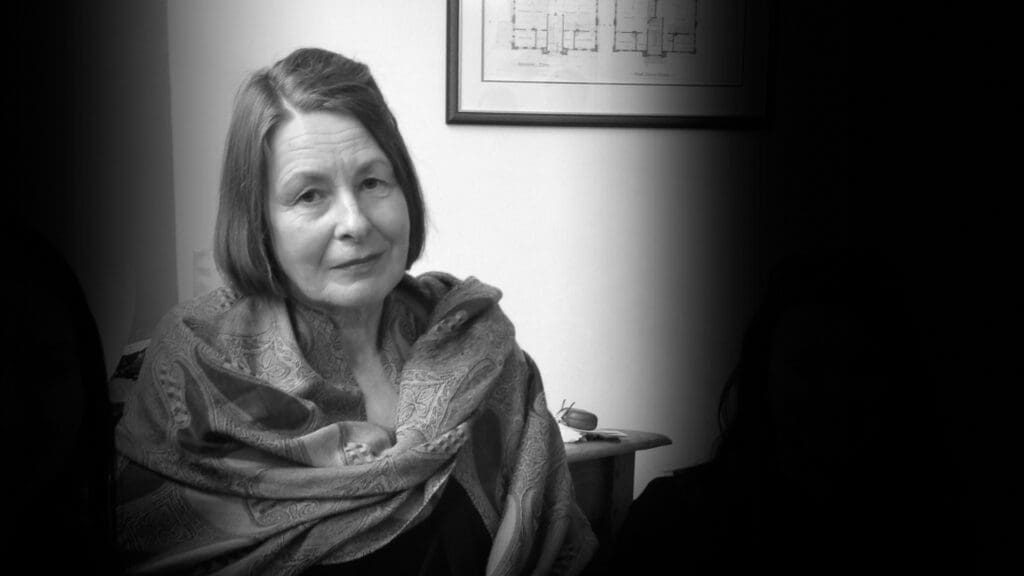Mistreatment in immigration detention under international scrutiny by UN anti-torture body
The Albanese Government must end the practice of locking people in immigration detention for years on end in dire conditions, human rights experts have told the United Nations, ahead of its investigation of the Australian government’s compliance with the Convention Against Torture treaty. It must also repeal laws that are resulting in record numbers of people being detained.
The UN Committee Against Torture will investigate Australia’s human rights track record in November. The review takes place as the average length of time that people are detained in immigration detention reaches a record high of more than two years (736 days), which is vastly out of step with countries like Canada and the United States, where the average is 30 and 48 days respectively. In Australia, more than 100 people have been locked up for longer than five years. At least two people have died in Australian immigration detention centres this year alone.
The Human Rights Law Centre, the Refugee Council of Australia and UNSW Sydney’s Andrew & Renata Kaldor Centre for International Refugee Law have told the Committee that Australia must change the laws that currently allow the Government to detain people for unlimited time and potentially their whole lives. Arbitrary and indefinite detention is a breach of the prohibition on torture and cruel, inhuman or degrading treatment or punishment under the Convention.
Sanmati Verma, Managing Lawyer at the Human Rights Law Centre, said:
‘The number of people detained in Australia increased, rather than decreased, during the pandemic. People are spending longer in immigration detention than ever – sometimes ten years, because Australia has abdicated all responsibility. These are the direct human consequences of mandatory immigration detention – the government can lock people up forever without consequences. The Albanese government must confront this sorry legacy.”
Madeline Gleeson, Senior Research Fellow at the Kaldor Centre said:
“Global events are reminding us more than ever of the importance of international norms, respect for basic human rights, and protection for people fleeing persecution, serious harm and conflict. Within Australia, there is a lot to be done to bring our treatment of asylum seekers and refugees into line with international standards. The Committee against Torture’s review of Australia provides a timely and welcome opportunity for our country to strengthen its relationship with the international human rights system, and ensure that no person in Australia is subjected to torture or cruel, inhuman or degrading treatment.”
BACKGROUND
This week the UN Subcommittee on the Prevention of Torture will also visit Australia to inspect places of detention and will see firsthand the dire conditions and harsh treatment in immigration detention centres. In recent years, independent reports have made damning findings about excessive use of force by detention centre staff against people who are detained, and the use of solitary confinement as punishment.



Media contact:
Michelle Bennett, Engagement Director, 0419 100 519, michelle.bennett@hrlc.org.au
Media Enquiries
Chandi Bates
Media and Communications Manager

Legal challenge filed against Tasmanian Parole Board’s decision to gag free speech
The Human Rights Law Centre has filed legal proceedings on behalf of Tasmanian grandmother, Susan Neill-Fraser, to challenge a restrictive parole condition placed on her by the Tasmanian Parole Board seeking to limit her ability to speak to the media.
Read more
University of Melbourne urged to drop repressive anti-protest and surveillance policies
The University of Melbourne is being urged to abandon policy changes that restrict staff and students’ right to protest and permit the widespread surveillance of people using their wifi network.
Read more
Expanded protections for marginalised groups welcomed in Allan Government’s anti-vilification laws
The Human Rights Law Centre welcomes the additional protections for marginalised groups in anti-vilification laws passed today by the Allan Government. These laws expand protections from vilification to include people from LGBTIQA+ and disability communities, and provide communities with important civil law avenues to address vilification.
Read more


